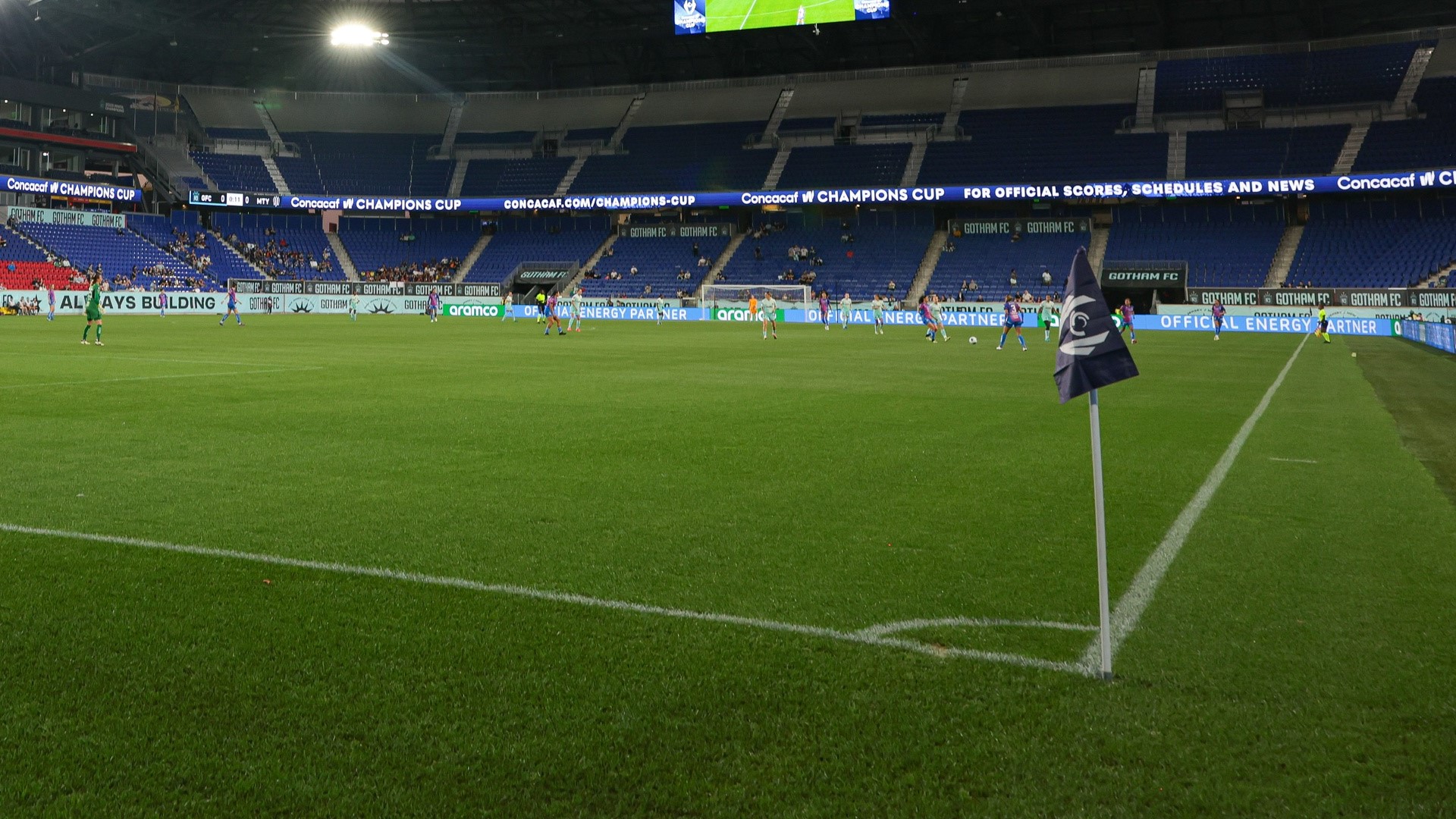As I sat at midfield in the Royal Bafokeng Stadium in Rustenburg, South Africa, wearing my stars and stripes bandana, my Landon Donovan jersey, and carrying my USA flag, I was heartbroken when the final whistle blew and the score read Ghana 2, USA 1.
As an avid soccer player and fan, I thought about what a World Cup run could have meant for soccer’s popularity in the United States. Donovan’s dramatic 92nd-minute winner against Algeria created unprecedented excitement around the sport — even soccer skeptics were starting to take notice.
In most places outside of the United States, soccer is the people’s game. It is the primary sport watched and played by billions around the planet.
This is especially true in Africa. For the continent’s majority, football is the sport of choice (cricket and rugby are enjoyed more by the white minority in South Africa and Zimbabwe). The game is played on the streets of every city, and on the fields in nearly every township. It is soccer that the host nation and continent refers to as their "beautiful game."
Sharing their beautiful game during the 2010 World Cup has allowed the African people to proudly display their culture and promote their continent to visitors from every corner of the globe. The tournament has given Africa (and South Africa, specifically) the chance to demonstrate that it is equipped to handle the demands of a major international event. The African people have taken this opportunity to prove that they are not only prepared for the responsibility, but that they are ready to shine as a nation, and as a continent.
And shine they have. Despite doubts from others, the host nation has done an outstanding job providing accommodations for its visitors. It has done so with exceptional hospitality and a consistently friendly and welcoming attitude.
Though most wear the green and gold colors of Bafana Bafana, the overwhelming message from the hosts is that they are proud to be African. The desire to welcome visitors to their continent has fostered a great feeling of unity and celebration unique to this World Cup. The stadiums are not just accessible, comfortable, and safe. They are amazing venues to watch games with incredible atmosphere.
The average attendance at each match has been around 50,000 — not a small feat for a 64-game tournament. While many of these spectators come from American, Asian and European countries, the high attendance is in part due to the enthusiasm of the African fans. At nearly every match, the host continent fills entire sections of the stadium.
I experienced this firsthand at the match between Germany and England, where I sat next to a gentleman from Botswana. Dukhimo was eager to boast about his love for the game and his love for Africa. As thousands of his compatriots blew their vuvuzelas, he smiled exuberantly from ear to ear.
The longer I stayed in South Africa, the more I realized that I was a part of something truly special. Unlike many World Cups before it, this tournament has been about more than just the beautiful game of soccer. It has been about the beautiful continent of Africa and its people. The tournament has given Africa the opportunity to show the world who it is and what it is capable of.
It has provided them the chance to shine.
So despite shedding (many) tears from my seat in Rustenburg, I eventually managed to find the silver lining. Sure, USA success might have helped my friends to better understand my passion for soccer. But Ghanaian success gave the hosts what they deserve — a team to represent one united continent that is ready to show the world what it can do.
As I boarded the plane in my own Bafana Bafana jersey, I thought to myself, the time for U.S. soccer to shine is in the future.
Now, "Ni wakati." It's time for Africa.



